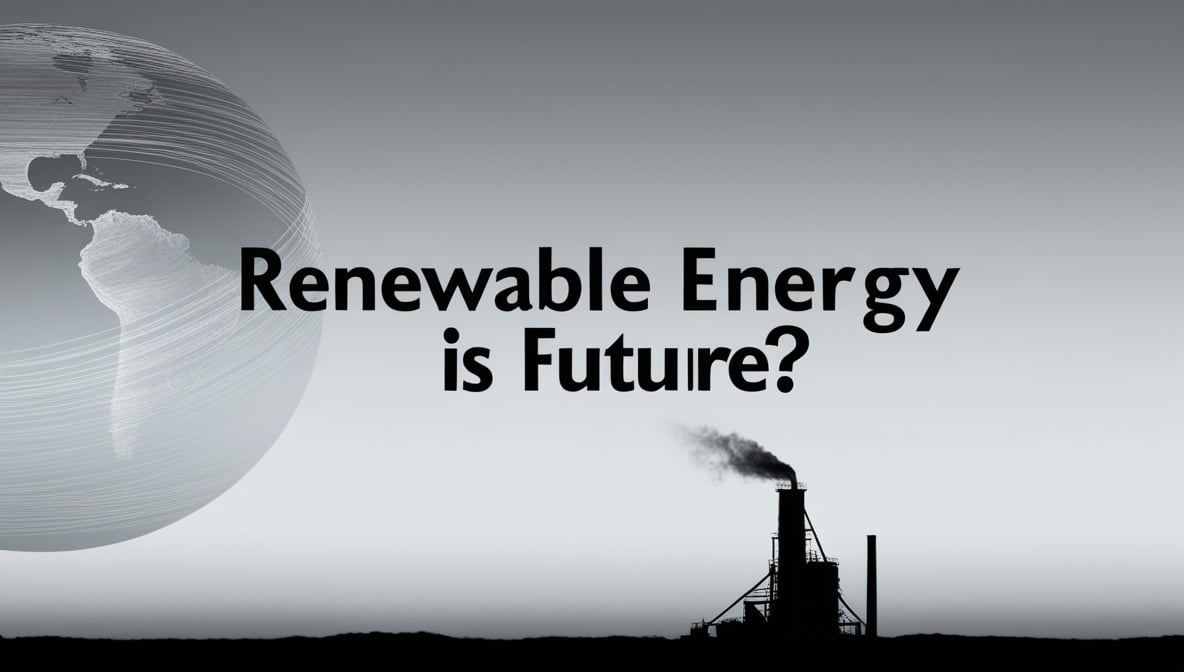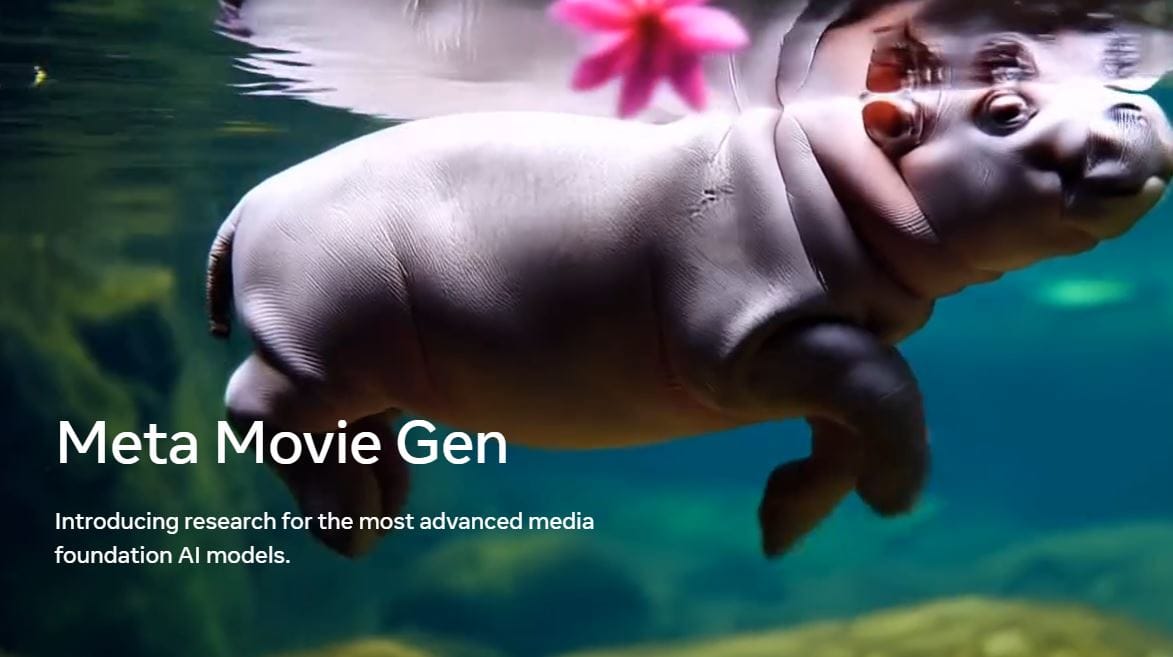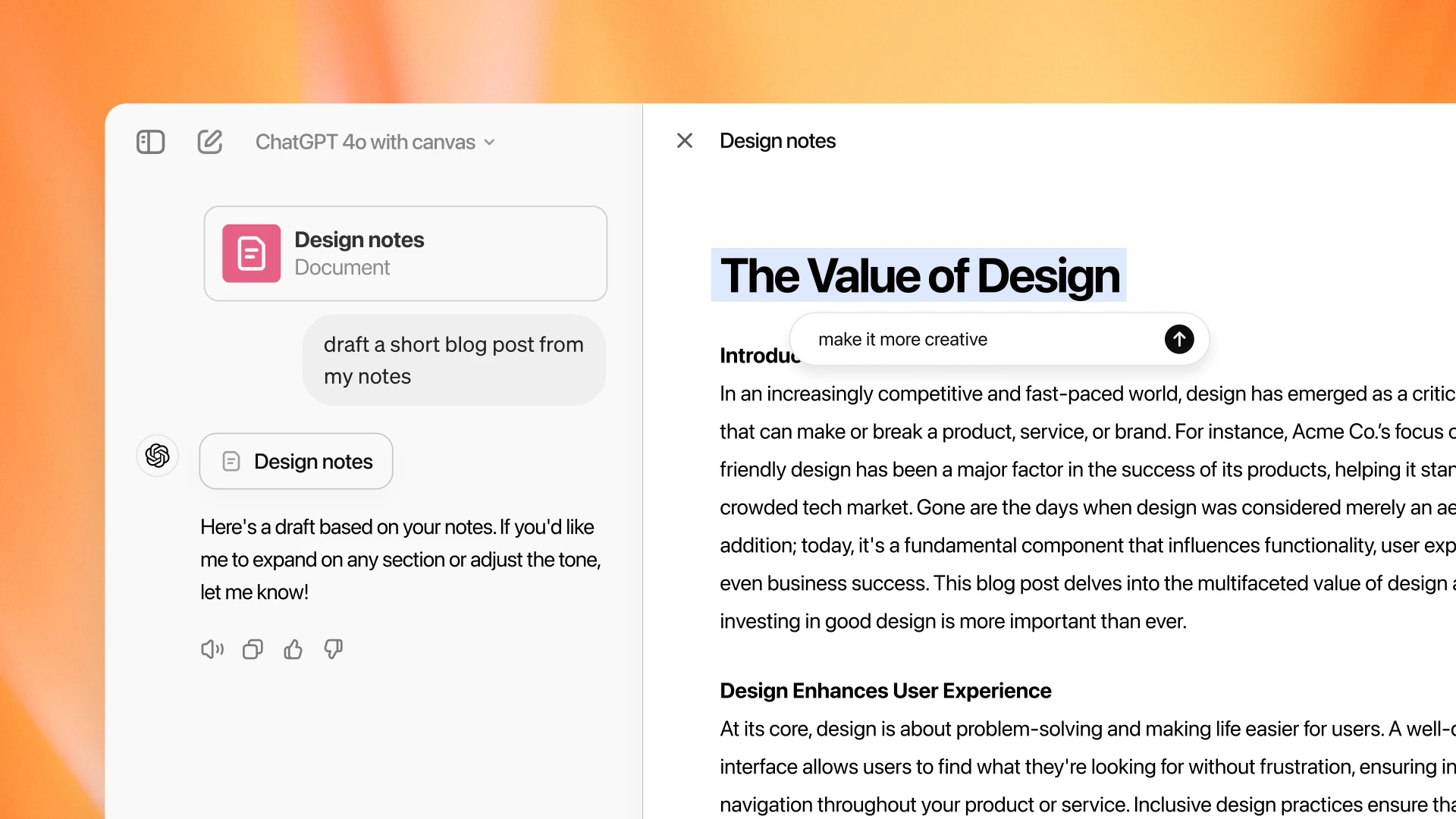Imagine waking up one day, flipping on the lights, charging your phone, and brewing your coffee, all powered entirely by renewable energy. No fossil fuels, no pollution. What would the world look like if renewable energy completely replaced fossil fuels? Sounds like a futuristic dream, right? But, how close are we to this reality, and what would it mean for our everyday lives?
What Are We Actually Talking About Here?
First things first: what exactly is renewable energy? We’re talking about energy sources like solar, wind, hydro, and geothermal. These are the types that don’t run out or damage the planet in the long run. Fossil fuels, on the other hand, are your coal, oil, and natural gas—limited resources that emit harmful gases when burned.
Now, imagine the entire world running on clean energy. No more gas stations, no more oil spills, no more smog-filled cities. But before we get too excited, let’s break this down. How would such a shift actually work? And more importantly, is it even possible?
Could We Power Everything with Renewables?
This is where people usually start scratching their heads. Can renewable energy really handle the load? After all, our society is powered by everything from cars and planes to factories and homes. Here are some of the common concerns:
- How would we power industries? Could a steel plant really run on solar power?
- Would electric grids collapse without fossil fuels? When the wind isn’t blowing or the sun isn’t shining, what happens then?
- Would energy costs skyrocket? Could switching to renewables end up being more expensive for us?
To answer these, it’s important to remember that renewable energy isn’t about replacing fossil fuels overnight. It’s about transitioning step by step, using a mix of technologies. Solar and wind may be the headliners, but we’ll also need batteries to store energy, along with advanced grid systems and possibly even nuclear power as backup.
What Happens to Our Daily Lives?
So, what happens to your day-to-day life when fossil fuels are out of the picture? Let’s look at some of the big shifts:
- Electric Cars Everywhere: Say goodbye to gas-guzzling vehicles. Everyone would be driving electric cars, from your neighbor’s compact to those long-haul trucks on the highway. Charging stations would be as common as fast food joints.
- Cleaner Air and Health Benefits: Remember those smoggy days when you could almost taste the pollution? With renewables, air quality would drastically improve. Fewer emissions mean fewer health problems like asthma, heart disease, and even premature death.
- New Jobs and Industries: The fossil fuel industry would shrink, but renewable energy would create jobs in manufacturing, installation, maintenance, and technology. Plus, there’d be a ripple effect, spurring industries like battery production and grid management.
Would We Save Money in the Long Run?
If you’re like me, you might be wondering, “Sure, it sounds nice, but what’s it going to cost me?” Well, here’s the kicker: while the transition would be costly upfront, renewable energy could actually save us money in the long term. It’s like buying a more expensive but fuel-efficient car—high initial cost, but you spend less on gas (or, in this case, energy bills) over time.
Here’s how it breaks down:
- Lower Energy Costs: Once renewable systems are set up, the cost of generating electricity from the sun or wind is almost zero. Compare that to fossil fuels, where you have to keep extracting and burning resources.
- Fewer Climate Disasters: If we curb fossil fuel use, we may avoid the costly impacts of climate change—floods, droughts, and wildfires that require billions in recovery efforts.
- Less Maintenance: A solar panel on your roof might last 25 years with little upkeep, compared to the constant maintenance fossil fuel plants require.
What’s the Catch? Are There Any Downsides?
Of course, it’s not all smooth sailing. There are challenges to a renewable world. For one, storage is a biggie. Solar and wind are intermittent—meaning they don’t produce power 24/7. The sun doesn’t shine at night (unless you live on Tatooine), and sometimes the wind takes a day off. That’s where batteries come in. Large-scale battery storage would be essential to store energy when it’s plentiful and release it when needed.
Then, there’s the issue of land use. Building solar farms and wind turbines requires space. Lots of it. Some argue that this could impact ecosystems or take up valuable farmland. But, with smart planning, renewable energy infrastructure could coexist with nature. For example, wind farms often allow agriculture and livestock to continue right alongside the turbines.
What Would Happen to Fossil Fuel Workers?
It’s not just the energy itself that’s impacted—millions of people work in fossil fuel industries. What happens to them? This is a serious concern, but history shows that major economic shifts also bring new opportunities. Just as we transitioned from horse-drawn carriages to cars (and those carriage makers didn’t just disappear), we’d see job transitions in this energy shift too. Governments and businesses would need to invest in retraining programs to help workers move into the renewable energy sector.
Are We Ready for a Renewable Future?
So, could we really see a world powered only by renewables? In theory, yes. Countries like Denmark and Costa Rica are already making huge strides in renewable energy use. In fact, Costa Rica once ran for 300 days straight on renewable energy. But for the rest of the world, it’s a gradual process. Right now, renewable energy makes up about 30% of global electricity. The International Energy Agency says we’d need to hit 90% by 2050 to avoid the worst of climate change.
It’s a tough journey, but every solar panel and wind turbine gets us closer. What if renewable energy completely replaced fossil fuels? Maybe one day, we won’t need to ask the question—because it will be our reality.
Final Thought: Is It Too Late?
If you’re still wondering, “Is it too late to make the switch?” Here’s a bit of hope. The technology is advancing faster than many predicted, and governments are ramping up their efforts. Sure, we won’t be fossil-free by tomorrow, but the momentum is building. And while it might seem overwhelming, just think: if we could transition from horse-drawn carts to electric cars in a century, why not this?






